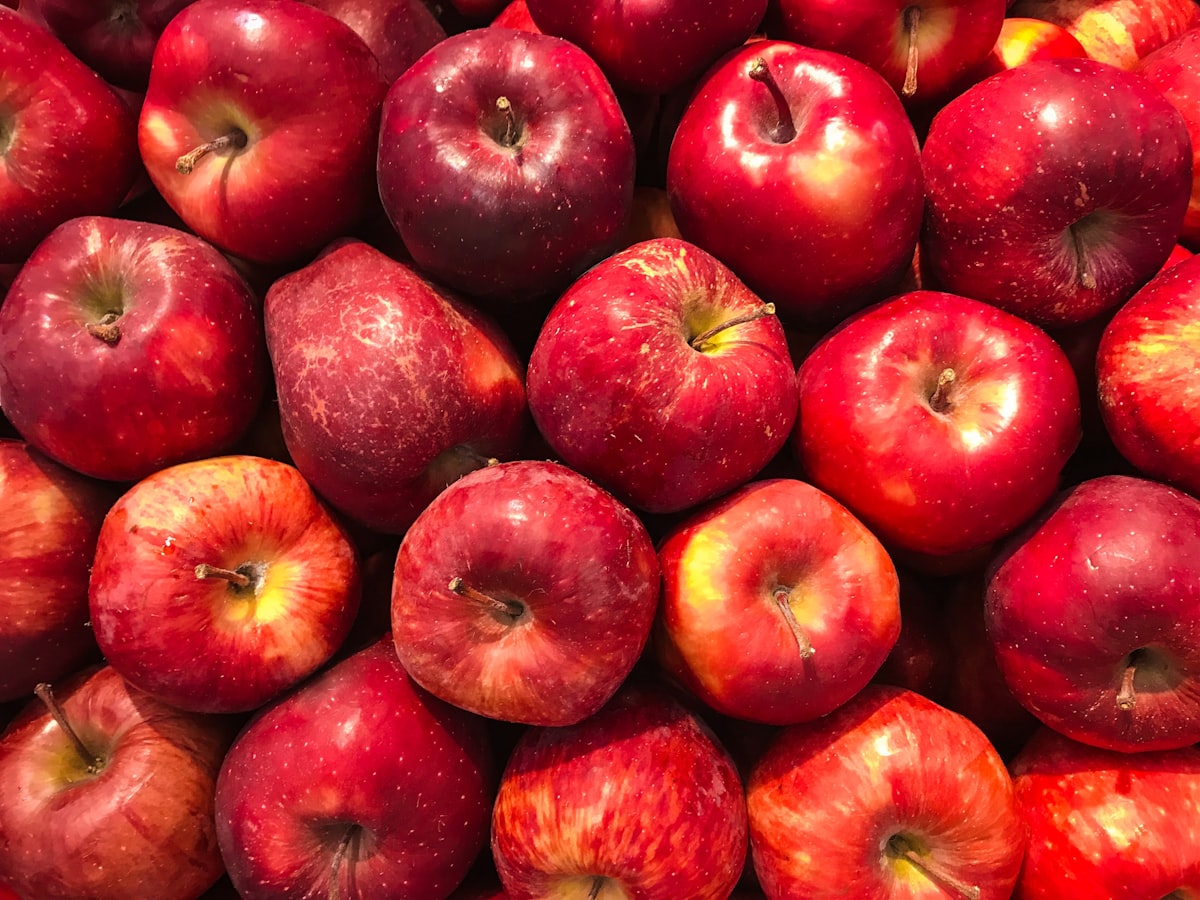Breakfast Notes #30 (Geo-Psychology, Travel As Reminder, Jobs on Creativity)

Good morning friends.
I changed my mind this week. For years, I thought those binaural beats type of things were nothing but placebo playing at your ears. But I just purchased a brain.fm subscription and have been using it to help me focus. So what changed my mind? Trying it. I tried it for a three-day trial and now it's my go-to app when I want to hunker down and work.
Here is the 30th serving of Breakfast Notes.
Geography and Psychology
In Jeremy Paxman’s biography of The English People, aptly titled, The English. He makes the point that geography shapes national psychology (if such a thing exists)
Could Switzerland have maintained its amoral prosperity had it not been a land of mountains? The very absence of a geography for the Jews is what created Zionism, one of the most powerful ideologies of the twentieth centuries.
He then states emphatically that the ‘first profound influence upon the English is the fact that they live on an island.’
To pursue his line of thinking, the fact that Singapore is only a little red dot hugged by the world’s largest archipelago, Indonesia and surrounded by far weightier neighbours explains why we as a nation of citizens are profoundly insecure.
From national defence to queueing for a not-so-limited edition watch, we are always trying to show others we are no pushovers. It's almost as if we were all allergic to losing. In fact, we even created our word - ‘kiasu’ to describe this uniquely Singaporean trait.
It certainly begs the question - If Singapore was twice its size now, would we be a little less kiasu?
Travel As A Reminder
When I first flew to the UK a month ago, I was worried about not being welcomed. COVID-19 has intensified public apprehension about foreigners. This was seen in the rise in hate crimes against Chinese people in the UK when the pandemic first broke out.
However, this trip once again reminded me of the good our societies are capable of. Every day, I would tune into ITV’s popular morning program, Good Morning Britain, as I inhaled my morning coffee. Amidst the doom and gloom of the Ukraine War reported by the breakfast program, I also saw the mobilization of everyday Brits in caring for displaced Ukrainian refugees.
In mid-march, the British government launched its Homes for Ukraine site to allow Brits to sign up for hosting a refugee. Within the first day, over 100,000 people signed up.
I was reminded that far from the theatre of war, Singapore was silently doing its part in contributing to the humanitarian aid in Ukraine. Within five weeks of the Singapore Red Cross’ appeal for donations on Feb 25, over S$6 million have been raised. Of which S$3.66 million has been disbursed. The story of two Singaporean exchange students in Poland launching a donation drive to buy groceries for over 500 Ukrainian refugees at their university also made its rounds on social media.
As we gradually reprise the role of tourists, seeking the best of other countries and cultures, it would do our souls wonders to be reminded of the virtue and beauty that we have in our society too.
Visualisation Of The Day

Today is like any other day.
So, we tell ourselves. But, if we take a closer look at our lives and history, today could be the day that everything changes.
On April 29, 1784, Mozart's Violin Sonata in B flat, K.454, premiered at Kärntnerthor Theater in Vienna, with Mozart himself playing the piano.
On April 29, 1852, the first edition of Peter Roget's Thesaurus was published in Great Britain.
On April 29 1975, the US began to evacuate its citizens from Saigon in Operation Frequent Wind in response to advancing North Vietnamese forces, beginning the end of US involvement in the war.
On April 29, 2021, the world's longest pedestrian bridge stretching 516 meters long, opened inside northern Portugal's Arouca Geopark.
If today could be the day that everything changes, why not seize it?
Jobs On Becoming Creative
Steve Jobs is one of my favourite modern innovators.
Eleven years after his death, his vision lives in my hands, pockets and minds.
Here is what he said about creativity.
Creativity is just connecting things. When you ask creative people how they did something, they feel a little guilty because they didn't really do it, they just saw something. It seemed obvious to them after a while. That's because they were able to connect experiences they've had and synthesize new things. And the reason they were able to do that was that they've had more experiences or they have thought more about their experiences than other people.
To connect things, we need a huge set of dots to connect and the skill of connecting. To acquire a skill, one must practise connecting the dots. We won’t get them right all the time, but we can finetune our skills and slowly improve our score over time.
It must be noted that aiming to connect the right dots is crucial. A haphazardly connected ‘connect the dots’ drawing is just a scrawling; in the same way, a person who connects the dots randomly is just a conspiracy theorist.
This is why I write Breakfast Notes every week. I am collecting and connecting dots. Tinkering and messing up, time after time. But with each time, I strive to get marginally better. Hopefully, I can stumble my way to creativity.
Thank you for reading, and may you have a creative week!
May the sun shine upon your face,
Keith